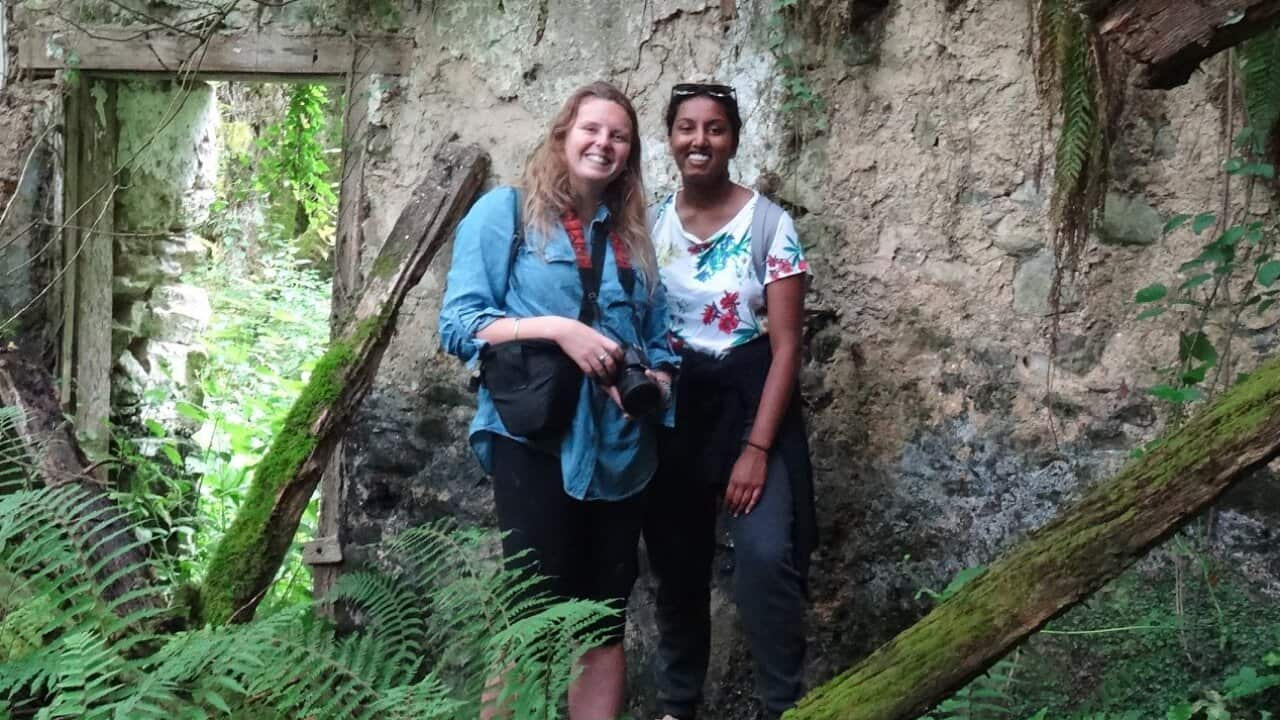I was in my English class reading out loud from the text I was teaching, when I looked up and saw Eileen*, one of my female students, with tears pooling in her eyes as she gasped for breath. I quickly rallied, set work for students to read independently and escorted her from the classroom.
“What’s the matter?” I asked, ensuring her back was to the classroom windows for privacy.
“My friend Tammie* brought in a Burn Book and opened it at the desk and I saw my name.”
Anyone who has watched Mean Girls knows the premise of the Burn Book, a notebook that is used by girls to write down private insults as a way of retaliating against those who have done them wrong, rather than communicating directly with them. And just like in the movie Mean Girls, these burn books always find a way into the hands of those who have been written about.
As I conferred with the two girls in the hallway and dealt with their recriminations, I didn’t judge. I’d had friendships flame and burn in the same passive aggressive way, as an adolescent and as an adult. It was the friendships that could communicate through conflict that passed the test of time.
As girls we are taught to be people-pleasers and to make nice with everyone. It is difficult to accept and fathom that someone might be angry with us or not like us. Instinctively we shy away from such moments and discoveries, double down on the niceties and smooth it over with pleasantries. These two girls were able to break this pattern.
As girls we are taught to be people-pleasers and to make nice with everyone. It is difficult to accept that someone might be angry with us or not like us.
In the hallway Eileen spoke eloquently, outlining her hurt and pain, confronting Tammie with the consequences of her actions. A few days later Eileen and Tammie were sitting together again, having worked through their friendship issues. I envied them their communication skills.
When I reflect on my female friendships they are my most valued relationships. The ones that have lasted the distance are with the women where we are allies that motivate and support each other, in the good times and bad. The women with whom I can be totally honest and upfront, about my strengths and foibles.
I have made missteps and had moments when jealousy motivated me to behave in a competitive and non-friendly way, but I was able to take responsibility, discuss my own negative feelings that prompted these actions, apologise and be forgiven.
As these friendships enter the decades, and our life circumstances evolve and grow, our friendships also stretch to fit this new shape. During one of these phases I had a moment of conflict with one of my closest friends. As new mothers, it became harder to arrange catch-ups and when dates were cancelled due to family commitments, I felt like I was the only one suggesting follow-up dates. Frustrated, I retreated into wounded pride.
One night we had a group dinner. She said I was too busy to see her. I said I was sick of initiating. We discussed our feelings and made a pact that we would not let more than a month pass before get-togethers.
I’d had friendships flame and burn… It was the friendships that could communicate through conflict that passed the test of time.
As we traverse life after being new parents, find new careers and passions and enter mid-life, there is comfort in having allies who have walked the journey with you. But this can only happen when communication flows and two friends can discuss and mediate their experiences and feelings, when friends can recommit as their friendship enters a new incarnation, and flow through these changing rapids together.
Over the years I’ve had friendships that ended as a result of not speaking openly about our anger. A barbed comment would be the last straw, carrying the weight of resentment that finally surfaced, leaving a sting in their wake. When I attempted to reach out in those instances, communication would sometimes be cut off. I’d realised I was officially ghosted, left bruised and forgotten.
Recently I experienced such a ghosting and as I confided in another friend she said, “Sometimes things end, so new things can begin.” This lightened my heart. Somehow this friendship had become mired in bitterness, the heaviness weighing me down. Perhaps my former friend too felt this heaviness, and rather than reaching out to me so that we could throw it off together, she chose to break off contact. While I mourn this decision, I am choosing to look forward, to see what new possibilities will open up for me as the weight lifts and light trickles in.
* Real names not used
Amra Pajalic is the owner and publisher of , an independent press dedicated to the publication of own voices fiction and nonfiction, as well as genre fiction.
Related reading

My long-distance friendship that feels like home


